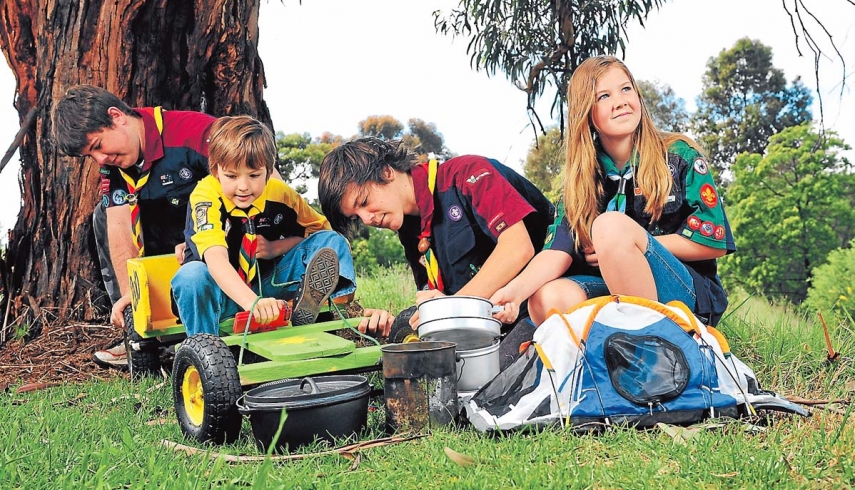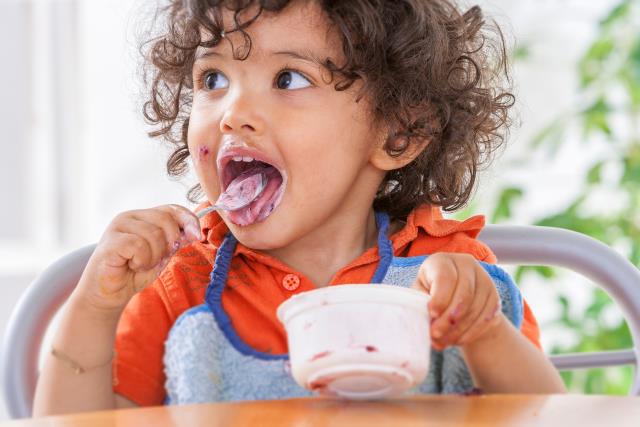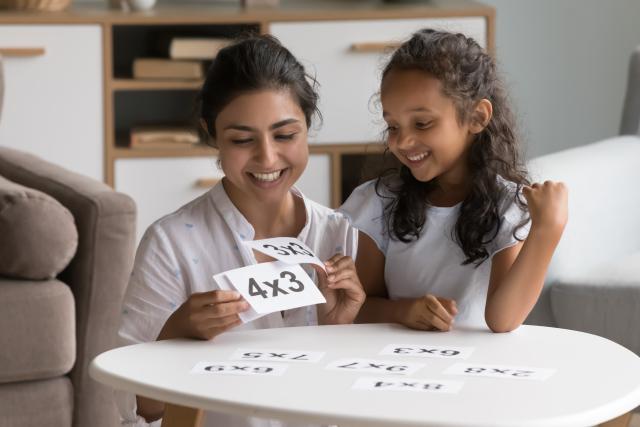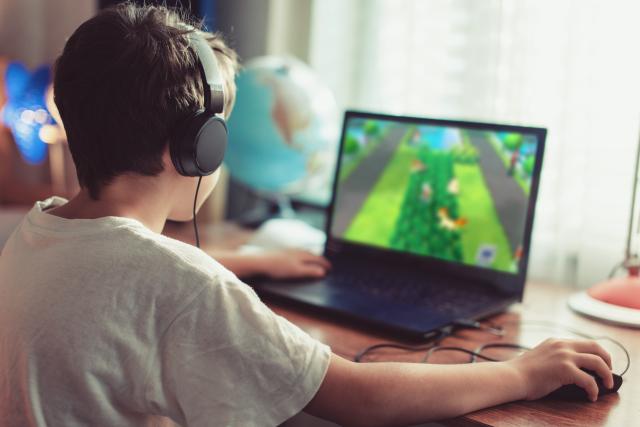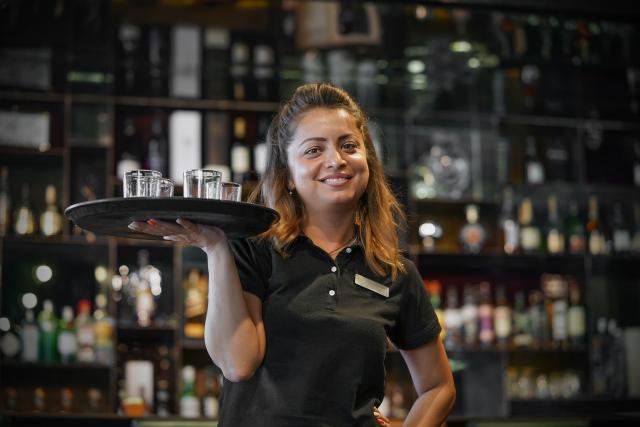While still promoting a sense of adventure, Scouting offers young people a variety of important life skills, writes ANDRIA COZZA.
AS a Scout, Ben McLeod is proud to be in the good company of astronauts. Two of the three astronauts involved in the first lunar landing were Scouting members, he says with pride.
There’s more: of the 312 pilots and scientists selected as astronauts since 1959, 207 were Scouts or active in Scouting.
Today, Bear Grylls is head of Scouts around the world, all
twenty-five million of them. And the Duchess of Cambridge, Kate Middleton is
also an active scout member.
In 2009, the adventurer
and host of Man Vs Wild, was appointed as
Chief Scout.
‘‘Scouts are everywhere,’’ Ben declares.
The enthusiasm of Ben and his family in Melton for the more than 100-year-old tradition is palpable.
For the McLeods, Scouting is a shared passion.
Mum Teresa got involved to spend more time with her children and eagerly took on the Scouting challenges, becoming a Leader.
‘‘It gets me to do things I wouldn’t normally do, like trekking five kilometres up in a mountain in snow.’’
While Scouts are often associated with selling cookies and tying knots, the McLeods are quick to challenge the stereotype.
‘‘We’re canoeing or rock-climbing or caving on the weekends,’’ says Ben. ‘‘People wonder if Scouts are still around and think that they’re dying out, but it’s just the opposite.’’
For Teresa, it’s the perfect outlet for teens seeking thrills or for adrenalin junkies.
‘‘Teenagers want that risk factor and these days with public liability it’s becoming more scarce. With the Scouts, you can do all that exciting stuff, like taking helicopter rides, skiing down slopes on ice, and jelly-wrestling.’’
For Ben’s younger brother Malcolm, Scouting isn’t only about the adrenalin-inducing weekend activities.
‘‘When I started I was a bit shy, but now I can walk up to people and start a conversation. I’ve travelled so much already, been to Sydney and America for camps, and I’ll be going to America again next year.’’
In between organising adventures on the weekends, Ben has been studying for the VCE. He says it has been easy to balance the two.
Leadership training is provided through the Scouts Australia Institute of Training, a registered training organisation that offers qualifications recognised around the nation.
The training helped Malcolm and fellow Rovers Scouts (aged 18-25) organise a twilight market in Melton once a month. ‘‘Setting up a four-hour market and having it go off without a hitch was a great thing,’’ Ben says. Teresa likes the idea of Scouts for her children, who have diverse interests, and the training available to her as a Leader (age 18 onwards)..
‘‘As a leader, all the training is paid for and it’s an opportunity to get down to their level.’’
Teresa says that while teenagers will continue to want to take risks, being in the Scouts gives them a safe environment to make mistakes.
‘‘Kids will always be kids, but we trust them and that’s what it’s based on.’’
Scout leaders are volunteers who guide the younger ones during their weekly meetings, camps and activities.
Australian Institute of Health and Welfare research shows that children who learn how to negotiate social interactions in the early years are more likely to achieve higher outcomes in education, health and well-being.
Teresa’s daughter Maddy already knows she wants to head a family-run business.
And thanks to activities Ben is involved in, he wants to pursue a career in the great outdoors.
‘‘My plan is to be an outdoor education specialist because of everything I’ve been exposed to. The Scouts have definitely given me a head start,’’ says Ben, who wants to apply to work in America next year as part of summer school camp programs.
The social skills Malcolm McLeod has learnt have given him confidence to consider working as an electrician. ‘‘I want to be a sparky and Scouts has taught me how to interact with people, something that’s important when you go to a person’s house. You have to build the trust.’’
Being trustworthy is a cornerstone for Scouts and most people are familiar with ‘Scout’s Honour’, the three-finger salute.
For Maddy, the pledge translates to the world beyond Scouts.
‘‘Scout’s Honour is something you learn and live for the rest of your life. You know that obviously you won’t be kicked out of a camp, but you learn there is always going to be a consequence for your actions.’’
In Werribee, Maddy Packer and her brother Matthew also enjoy spending the time outdoors.
‘‘Especially when camping; Scouting gets you outdoors and learning lots of skills,’’ she enthuses.
Maddy believes that being a Venturer has influenced the path she will take after she finishes school.
‘‘I guess it has influenced my interest in the environment and in animals, and I’d like to work in animal conservation.’’
Their mother Debbie Packer says Scouting can foster a sense of purpose in teenagers. ‘‘It gives them a great sense of belonging and, while it’s not competitive, they are challenged to improve on what they can do for themselves, rather than against others.’’
In Woodend, Lauren Walduck, 12, thinks more people should be involved in Scouting.
‘‘It’s fun and more young people should do it. There are so many different experiences and activities to look forward to.
‘‘Some of my friends have also joined and I’ve made a lot of friends along the way.’’
1st Tullapark Scouts Casey and Hannah Maxwell, 11-year-old twins, enjoy their membership, but for very different reasons.
‘‘I love the adventures, especially camps and when we get to make our own type of shelter, with sticks and barks and leaves,’’ Casey says.
Hannah, by contrast, loves badgework and learning traditional knot-tying.
All say they have learnt an important lesson in life. ‘‘We learn a lot of respect for other Scouts,’’ says Casey, ‘‘and respect for people generally.’’
In January, Australian Scouts will attend a jamboree in Queensland along with 10,000 other Scouts from around the world.
To become involved with the Scouts, call 1800 726 887 or visit scouts.com.au

